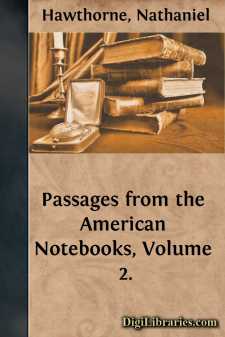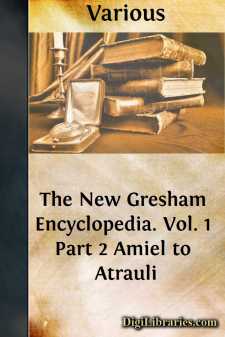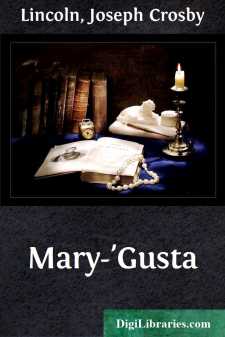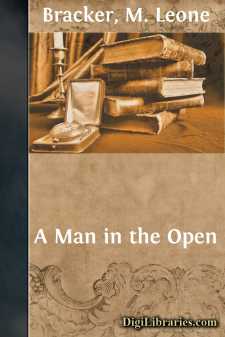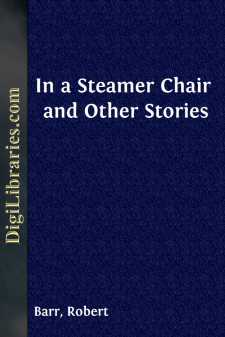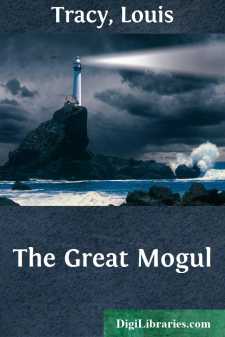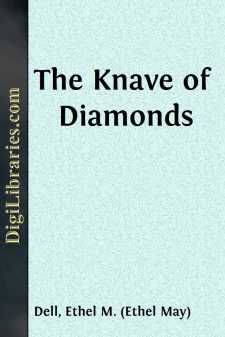Fiction
- Action & Adventure 180
- Biographical 15
- Christian 59
- Classics
- Coming of Age 5
- Contemporary Women 3
- Erotica 8
- Espionage/Intrigue 12
- Fairy Tales, Folklore & Mythology 236
- Family Life 169
- Fantasy 117
- Gay 1
- General 596
- Ghost 32
- Historical 808
- Horror 43
- Humorous 160
- Jewish 25
- Legal 4
- Medical 22
- Mystery & Detective 315
- Political 49
- Psychological 41
- Religious 64
- Romance 159
- Sagas 11
- Science Fiction 730
- Sea Stories 113
- Short Stories (single author) 537
- Sports 10
- Suspense 1
- Technological 8
- Thrillers 2
- Urban Life 31
- Visionary & Metaphysical 1
- War & Military 173
- Westerns 199
Classics Books
Sort by:
Brook Farm, Oak Hill, April 13th, 1841.—. . . . Here I am in a polar Paradise! I know not how to interpret this aspect of nature,—whether it be of good or evil omen to our enterprise. But I reflect that the Plymouth pilgrims arrived in the midst of storm, and stepped ashore upon mountain snowdrifts; and, nevertheless, they prospered, and became a great people,—and doubtless it will be the same...
more...
by:
Talbot Mundy
CHAPTER I "Allah Makes All Things Easy!" This isn't an animal story. No lions live at Petra nowadays, at any rate, no four-legged ones; none could have survived competition with the biped. Unquestionably there were tamer, gentler, less assertive lions there once, real yellow cats with no worse inconveniences for the casual stranger than teeth, claws, and appetites. The Assyrian kings used...
more...
by:
Various
CONSONANTS Of the consonants, b, d, f, h, j, k, l, m, n, ng, p, sh, t, v, z, always have their common English sounds, when used to transliterate foreign words. The letter c is not used by itself in re-writing for pronunciation, s or k being used instead. The only consonantal symbols, therefore, that require explanation are the following:— ch is always as in rich. d, nearly as th in this = Sp. d...
more...
CHAPTER I On the twentieth day of April in the year 19—, the people—that is, a majority of the grown people of Ostable—were talking of Marcellus Hall and Mary-'Gusta. A part of this statement is not surprising. The average person, no matter how humble or obscure, is pretty certain to be talked about on the day of his funeral, and Marcellus was to be buried that afternoon. Moreover, Marcellus...
more...
by:
M. Leone Bracker
CHAPTER I ON THE LABRADOR Dictated by Mr. Jesse Smith Don't you write anything down yet, 'cause I ain't ready. If I wrote this yarn myself, I'd make it good and red from tip to tip, claws out, teeth bare, fur crawling with emotions. It wouldn't be dull, no, or evidence. But then it's to please you, and that's what I'm for. So I proceeds to stroke the fur smooth,...
more...
An Authentic Narrative ofa Haunted House [The Editor of the UNIVERSITY MAGAZINE submits the following very remarkable statement, with every detail of which he has been for some years acquainted, upon the ground that it affords the most authentic and ample relation of a series of marvellous phenoma, in nowise connected with what is technically termed "spiritualism," which he has anywhere met...
more...
by:
Robert Barr
THE FIRST DAY. Mr. George Morris stood with his arms folded on the bulwarks of the steamship City of Buffalo, and gazed down into the water. All around him was the bustle and hurry of passengers embarking, with friends bidding good-bye. Among the throng, here and there, the hardworking men of the steamer were getting things in order for the coming voyage. Trunks were piled up in great heaps ready to be...
more...
by:
W. Cubitt Cooke
PREFACE. I am unwilling to suffer this tale to leave my hands without a word of explanation to my reader. If I have never disguised from myself the grounds of any humble success I have attained to as a writer of fiction; if I have always had before me the fact that to movement and action, the stir of incident, and a certain light-heartedness and gayety of temperament, more easy to impart to others than...
more...
by:
Louis Tracy
CHAPTER I “And is there care in Heaven?”Spenser’s Faerie Queene. “Allah remembers us not. It is the divine decree. We can but die with His praises on our lips; perchance He may greet us at the gates of Paradise!” Overwhelmed with misery, the man drooped his head. The stout staff he held fell to his feet. He lifted his hands to hide the anguish of eye and lip, and the grief that mastered him...
more...
CHAPTER I THE MISSING HEART There came a sudden blare of music from the great ballroom below, and the woman who stood alone at an open window on the first floor shrugged her shoulders and shivered a little. The night air blew in brisk and cold upon her uncovered neck, but except for that slight, involuntary shiver she scarcely seemed aware of it. The room behind her was brilliantly lighted but empty....
more...


